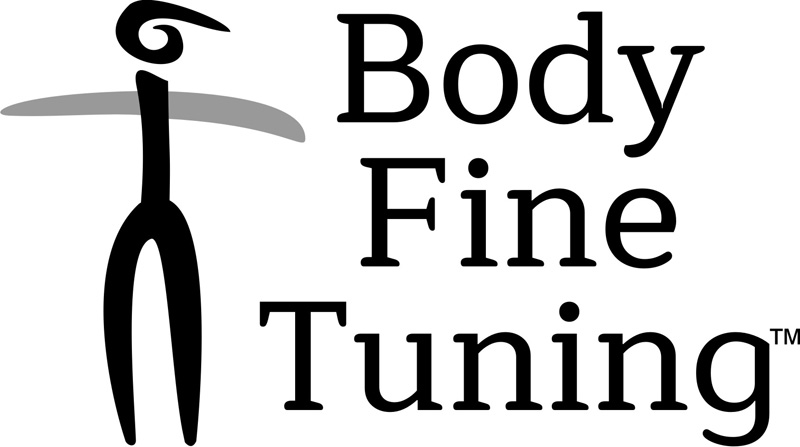Sleep as Self-Care
Sleep as Key in Preventing Alzheimer’s
In preventing Alzheimer’s disease, one of the key topics is to find ways to promote lifelong healthy brain function. Here, getting enough deep quality sleep plays an important role because only when you sleep can your brain get cleansed and re-organized.
1. Brain-cleansing sleep
Brain-cleansing sleep, also called the deep NREM-sleep, is when your body is in a state of deep rest. This is when the glymphatic system gets an opportunity to flush your brain and clean it.
Deep NREM-sleep is the most common type of sleep. If you are an adult, from the total sleep time you get about 75-80% deep NREM sleep, which equals to 6 hours, when you get the recommended average of 8 hours of sleep each night.
If you happen to wake up from deep NREM sleep your body feels heavy and relaxed, even unsteady, and your mind puzzled.
2. Brain-reorganizing sleep
Brain-reorganizing sleep, also called the deep REM-sleep, is when your body is motionless. This is necessary for the brain to get an opportunity to reorganize itself. Everything that has been stored into your short-term memory gets evaluated. Your brain's aim is to eliminate weak and preserve strong connections and integrate important data into long-term memory.
Deep REM-sleep is the second common type of sleep. If you are an adult, from the total sleep time you get about 20-25% deep REM sleep, which equals to 2 hours, when you get the recommended average of 8 hours of sleep each night.
Deep REM sleep is when you experience dreaming. This happens because your eyes are an integrated part of the brain. If you are woken up, you most likely can recall your dreams.
Why is deep sleep so important?
Lack of, or poor quality of either of the deep sleep types not only can affect your daily life, but as you age, increases the rate you start losing brain functions and developing Alzheimer’s or other dementia related diseases.
Importance of brain-cleansing sleep?
During the day, while you are awake and active, your brain consumes a lot of energy and releases as a byproduct toxic waste. Because your brain is a protected area, the removal of this waste is prohibited until a safer moment, during deep physical sleep. The longer you stay awake, the more waste your brain generates, including several types of protein, such as the Beta Amyloid protein, that forms plaques, and the Tau protein, that develops into tangles, all deposited for later cleaning. But if your sleep is short, and its quality poor, waste starts to accumulate and cause degradation of brain functions, such as memory, learning, mood and behavior – all symptoms of Alzheimer’s.
Importance of brain-reorganizing sleep
What you might have not realized is that your brain absorbs and stores everything you do and experience during the wake time.
All data gets first send to your brain's short term memory area, and it is only during deep REM sleep that your brain can 'clean' and 'clear' space for new information.
This complex processing needs time, so if you lack sleep, your memory function cannot get all maintenance it needs.
This you can notice when after a short night your mind is unclear, it is difficult for you to keep focusing your attention to what you do and it is hard to memorize things.
Do you get enough good quality sleep?
Getting 8 hours of sleep doesn't yet tell how good your sleep is.
So, how can you be sure that you get enough both types of deep sleep?
This is an important question especially knowing that with age, many people tend to lose their ability to sleep well?
Do gentle movements - the neuroplastic way
To improve your sleep one of the keys is to do gentle, sleep-inducing movements that create calmness in the brain and promote positive neuroplastic processes as well.
When you do sleep-inducing movements, your body and brain can start to de-stress already before you enter sleep, and when you move into sleep, you get sooner into more deep sleep and get more of it.
More about this in my free eBook: Get some sleep tonight.
Sleep is self-care at its best
Thanks for reading!
Oliver

